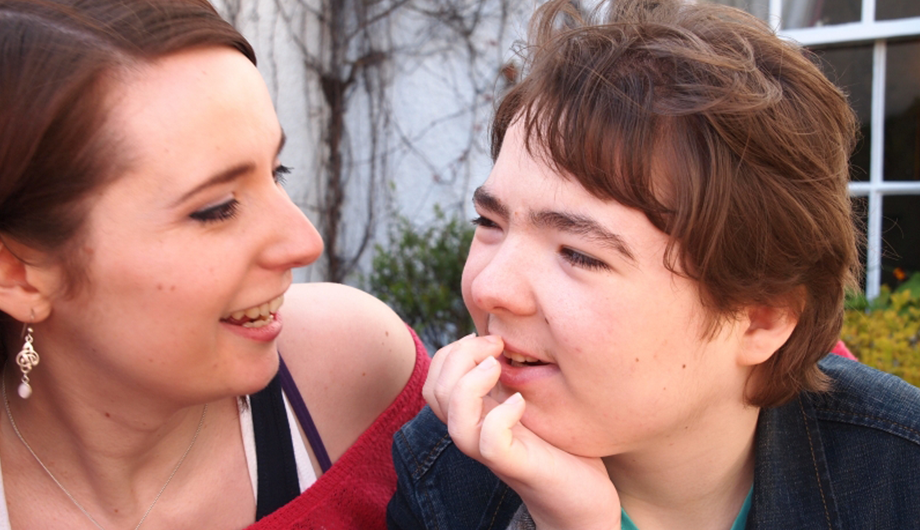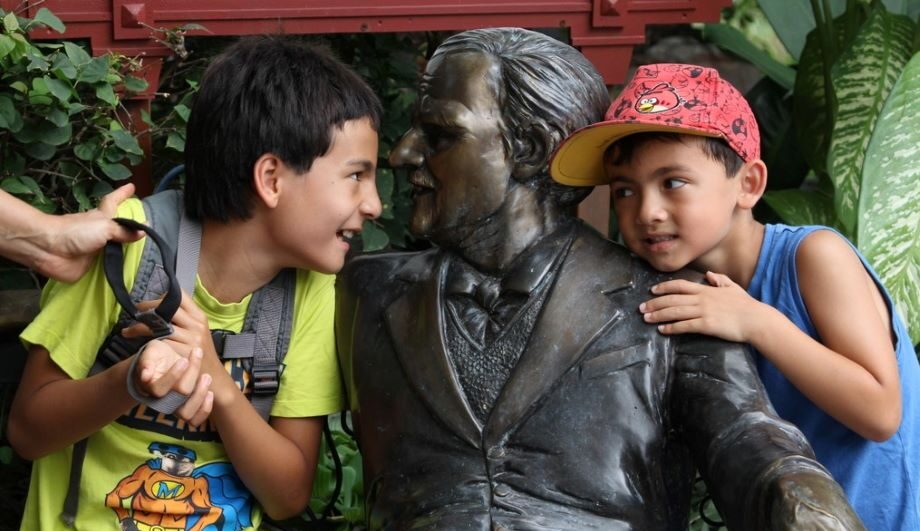
Laura's communication passport
Read one of 'your stories' about Laura’s Communication Passport, which has come with a long list of benefits, including accountability, versatility/mobility, empowerment, and helping Laura feel and act her best.

If you can’t tell other people what you want (or don’t want!) challenging behaviour can be more likely. Our downloadable information sheet 'Communication and challenging behaviour' explains how making communication better can reduce challenging behaviour.
Download the information sheet: Communication and Challenging Behaviour
Many people with learning disabilities find some parts of communicating hard. Some people may have little or no language. They might find it hard to:
Difficulties understanding what other people are saying can be related to:
Difficulties in communicating a message to others can come from:
Download the information sheet: Communication and Challenging Behaviour
With thanks to Jill Bradshaw, Lecturer in Learning Disability, The Tizard Centre, University of Kent at Canterbury.
The CBF offers a practical 4.5 hour workshop as an introduction to the links between communication and behaviour. Aimed at anyone who wants to understand how to improve communication with individuals with severe learning disabilities – in turn improving their quality of life, choice and behaviour.
Find out more about Communication and Challenging Behaviour Workshop

Read one of 'your stories' about Laura’s Communication Passport, which has come with a long list of benefits, including accountability, versatility/mobility, empowerment, and helping Laura feel and act her best.

Communication is one of the most important ways in which we exert control. Many people with learning disabilities have difficulties with communication and these may contribute to challenging behaviour.

The Family Support Service can provide information and support about the needs of your family member with a severe learning disability. Our support is confidential, and we won’t judge you or tell you what to do.